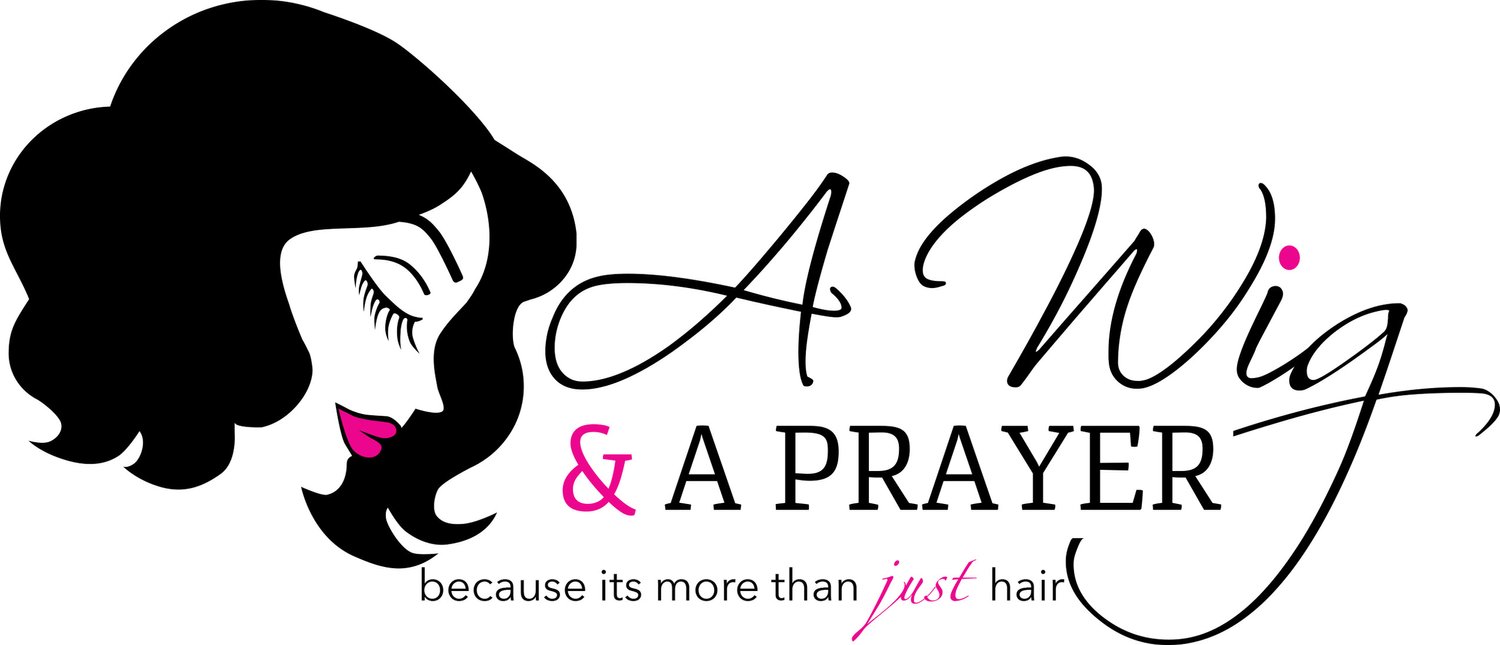Find happiness in small things.
Hair loss can be incredibly difficult. Many people, upon hearing a diagnosis of cancer, often express they are more worried about losing their hair than anything else. Once you get your first wig, you have a feeling of elation, or maybe just acknowledgement that you have something temporary to manage your hair loss. Those with diagnoses of permanent hair loss such as androgenic alopecia, alopecia areata, alopecia totalis or alopecia universalis are facing a lifetime without hair and might have bouts where they hate wearing their wig, and there is no end in sight.
Self care while wearing a wig for hair loss can’t possibly be overstated. You might have great hair now that you wear your wig, but you are grieving the loss of your own hair, of your own sense of self, of your own sense of personal beauty. The devastation is significant, emotionally and it’s well-documented. Depression is not uncommon.
Define self care:
It’s a way of helping you cope with your hair loss, while nurturing parts of you that you still love, giving you a boost that helps you keep going. You’ll have days where you’re angry that you’re wearing a wig, angry at the disease (cancer, autoimmune, hormonal) that causes you to lose your hair and, generally angry at other things.
Find something beautiful to focus on:
Shoes help. Or earrings. Or scarves, hats and wraps. Besides covering your head and accentuating your beauty, accessories are forgiving on fit on your body, which may also be changing as a result of your disease. We don’t mean to suggest you should bandage your wounded soul with things, but find things that help you cope with the loss of your hair can really make a difference.
Accessories rarely have issues with fit, they’re fun and usually relatively inexpensive. They also make great gifts if you have friends who want to bring you something.
Feed your soul:
Nourish your body with healthy foods and good nutrition during your hair loss. Resist the temptation to eat Doritos or nothing at all (depending upon your hair loss situation). But feed your soul too! A subscription to audio books, or e-books, or a trip to a bookstore or library will help feed your soul. Whether you want to escape with novels or support your journey with self-help or inspirational books, stories feed your soul.
Support your spirit:
If faith grounds you in your life, consider attending extra worship times per week. Many churches offer daily or weekly prayer groups or prayer time, extra services or even just a chance to come in and pray quietly alone. Take comfort in your particular religious texts, find others online who share your faith and participate with them.
Get it all on paper:
Journaling is a great exercise for the soul too. Prescribed by therapists, journals are a great way to both acknowledge the hurt that hair loss is inflicting, but it’s also a great place to write down what you’re thankful for – caring friends or family, the support of your co-workers.
If you know your hair loss is long term (from medical conditions like hormones or autoimmunity) you need to acknowledge that this is the new reality. This takes time – and you’ll go through all the stages of grief before more ore less settling in on acceptance. If it’s shorter lived, such as with chemo or anti-rejection medication, you know you have to get through a tough time to get back to the you that you once loved.
Lean on someone:
Recently, I read that if you have a dog, you should lean on them during trying times. Literally lean on them! Has your dog ever leaned on you with their hips? This leaning-on behavior is one way our pets show us that they love us. Leaning on someone – a pet, a spouse, or a best friend – literally – can help. Hair loss can make us feel socially isolated, and it’s very important to have touch contact with another person or a pet during this difficult time. Your wig salon stylist is a good person to contact initially - she is used to listening to clients talk about their hair, and understands hair loss.
Focus on something or someone else:
Volunteering can be an exceptional way to get out of your own head and focus on someone else. Caring for others – whether shelter pets, or serving meals at a food kitchen, or even working on a community garden – can foster good feelings of accomplishment and get your head off your own troubles (pun intended!) But go slow, because the emotional process of hair loss will take more out of you than you think.
Get out there and move:
Many women with hair loss report that they put renewed focus on their bodies and physical health as part of their journey. If you’re wondering what do with your head or wig during exercise, check out our blog about that here. Getting off the couch to 5K or taking up bicycle riding, hiking, kayaking, paddleboarding or yoga are great ways to get outside, into nature. Nature is restorative. Since it's more acceptable to wear head wraps or hats during outdoor exercise (in any season) you may find this helps you get outside without your hair.
Self care during hair loss is critical for your very survival, can help with your healing and recovery (even if you will have to accept permanent hair loss.) You CAN feel better than you do right now. Take just one of these things and implement it for 7 days straight and see if you feel better. Try it again for 7 more (or try something else for 7 more days.) After 21 days, whatever habits you’ve developed that work for you, should be keepers.

